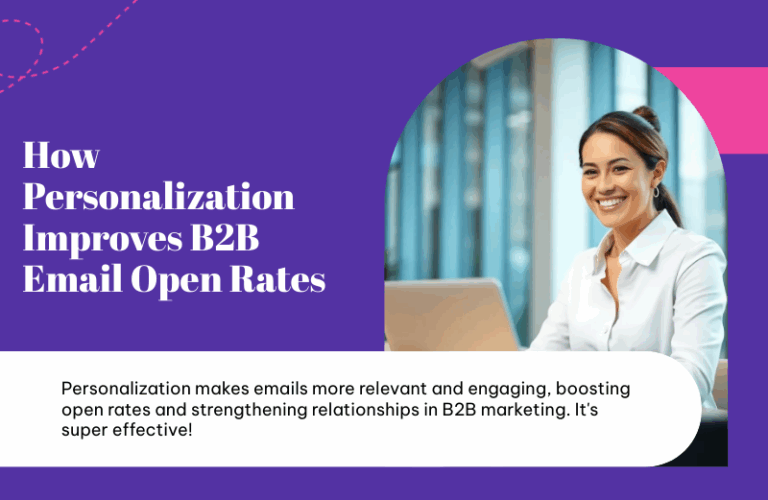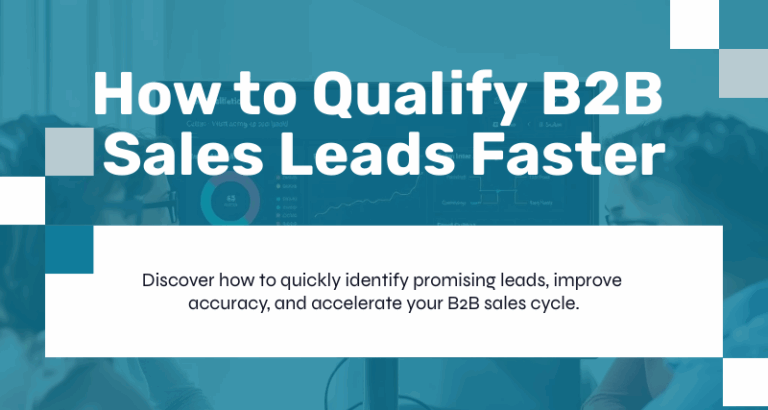
Many businesses think of data enhancement in terms of cost, but they’re looking through the wrong end of the telescope. Improving data quality directly increases revenue by improving relevance, and relevance is key for your customers. They’re besieged with marketing messages – more than a hundred a day for the average executive – and only if you cut through the noise with a strong signal can you gain their attention long enough to earn their business.
The challenge, then, is how to amplify your signal and aim it directly at your prospects. That’s where data enrichment comes in.
First-Party vs. Third-Party Data
If they see you have valuable content to offer, leads are happy to offer their data in exchange for it. First-party data, the contact information you get directly from your prospects, is always welcome. You know more about your leads by what they share with you. With ZIP codes and area codes, you get geographical information. With email addresses and phone numbers, you open channels of communication.
What first-party data lacks is insight into what your leads may not know to tell you. They might not have access to their organization’s annual sales data or years of buying history. Third-party data from a data enhancement consultant provides additional layers of context that give you far deeper knowledge of your leads. With greater insight comes greater relevance.
Segmentation Improves Relevance
Congratulations: Among more than 7.5 billion people and counting, you’re unique. That doesn’t mean you don’t have plenty of company, though. For marketers, you’re part of a number of groups divided according to various characteristics – income, for example, or level of education. By creating market segments, businesses can more directly address the needs of the buyers within them.
A MARKETING AI® system defines segments with greater clarity and precision than any marketing technology that’s come before, and with each refinement to segmentation, relevance increases. To narrow and refine segments, the system needs data – big data. Analytics that take huge data sets into account and spot areas of overlap between them can help you define meaningful new segments and tailor your approach to address your leads’ needs in new ways. Actionable segments guide your marketing campaigns toward higher relevance, which in turn translates directly into more sales.
The Importance of Analytics
Analytics answer the question that’s never far from marketers’ minds: “How do we know if it’s working?” Marketing automation analytics drill even deeper to tell you not only what’s working, but also how much it’s working and how well you can expect it to work in the future. Again, though, this degree of foresight is possible only when you have sufficient data to feed your MARKETING AI. If the system doesn’t have sufficient data, it can’t learn enough to make accurate predictions. Third-party data enhancement fills in the blanks on prospect and customer accounts to give your system more to work with, resulting in analytics that more closely model future events.
Data enhancement is more than a means to complete your records. It’s a way to increase revenue reliably by converting more prospects and earning your customers’ loyalty through better knowledge of them.
© Reach Marketing LLC 2017 All Rights Reserved.



